“Henrik Dahl and Morten Messerschmidt would fail their exams with their anecdotal argumentation”
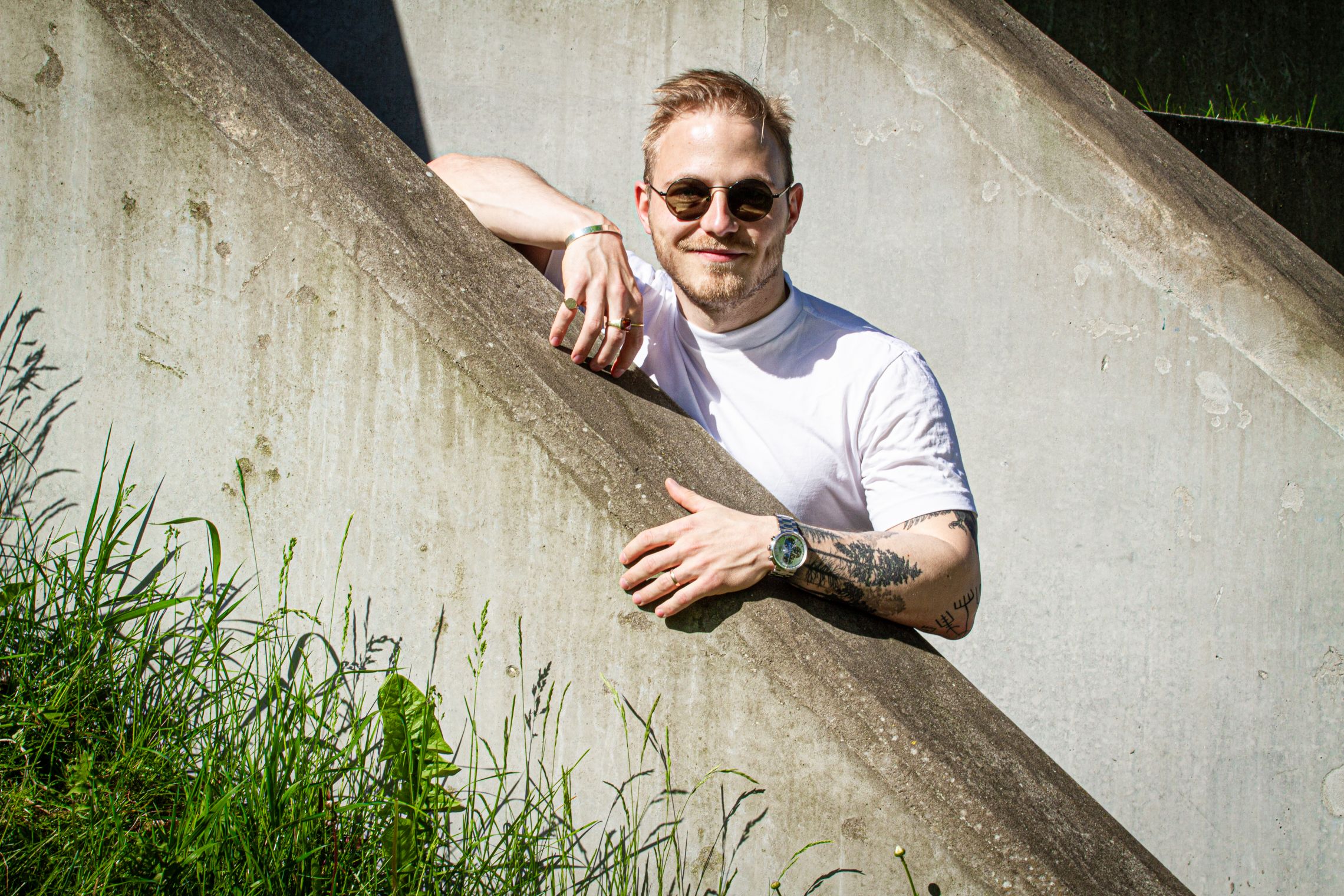
Jannick Friis Christensen agrees that discussion and criticism of research are welcome - in fact, it's needed and part of everyday life of a researcher. (Photo: Anna Holte)
Two gender and diversity researchers from CBS reply to accusations from politicians Henrik Dahl and Morten Messerschmidt, who state that they have no trust in gender and migration studies and claim that the research is politics and activism in disguise. “We are happy and open to having discussions based on evidence, not on liking and disliking,” says Florence Villesèche, one of the researchers.
“It is an insane situation. These attacks are based on nothing substantial. Henrik Dahl said something about not trusting the research. But what does that even mean? The statement in itself is shocking, but what is even more shocking is that it was accepted as a valid one,” says Florence Villesèche.
Florence Villesèche is an Associate Professor at the Department of Management, Politics and Philosophy and the Co-Academic Director of CBS’ Diversity and Difference platform, and right now, her primary fields of research in gender, diversity and identity are under siege.
From the Danish parliament’s rostrum, in opinion pieces and articles in Danish newspapers, the two politicians Henrik Dahl and Morten Messerschmidt have lashed out at research into gender and migration.
“I have no trust in gender research. I have no trust in racism and migration researchers. I trust a few researchers within the field of the Middle East studies, but far from everyone,” said Henrik Dahl to the Danish news broadcasting company DR.
And Morten Messerschmidt calls for action against “women-equality-what-am-I-feeling-this-morning kinds of studies.”
The debate the two politicians have ignited has now resulted in the passing of a parliamentary resolution supported by members from seven parties; S, V, DF, K, NB, LA and KD.
“The Parliament expects the university managements to continuously safeguard that self-regulation of scientific practice is functioning. In other words, that unidirectionality is avoided, that politics is not disguised as science, and that it must not be possible to systematically avoid legitimate professional criticism.”
This debate has never been on track – it was derailed from the beginning
Jannick Friis Christensen
Jannick Friis Christensen, Postdoc at the Department of Management, Politics and Philosophy, researches the intersections of business sociology, organization theory and pride and has been following the debate, as it also deeply concerns him and his fields of research.
“I have tried to distance myself from the debate, as your time can easily get consumed by keeping track of who says what, and it keeps me from doing my research if I have to argue against or resolve allegations,” he says, stressing one particular problem with the whole debate.
“This debate has never been on track – it was derailed from the beginning. They claim that there is a problem without at any given point delivering the evidence to support their claims. And that’s a real issue. They would fail their exams if they presented this kind of anecdotal argumentation,” he says.
An insult to researchers
The two politicians have publicly named specific researchers who they believe are not trustworthy. For example, Henrik Dahl has called a professor from the University of Copenhagen “notoriously blinkered” and that he has “slept for 50 years”.
On the question of whether research and researchers can be trusted, Florence Villesèche says:
“The short answer is yes. Of course, you have examples of bad research in any field, like Milena Penkowa in neuroscience, but that does not make an entire field rotten,” she says and continues:
“The problem here is that a lot of people don’t understand how research and academia work. We have internal and external checks and balances to ensure the quality of the research. So, there is very little chance that work with poor methods and poor data will be accepted and published,” she says.
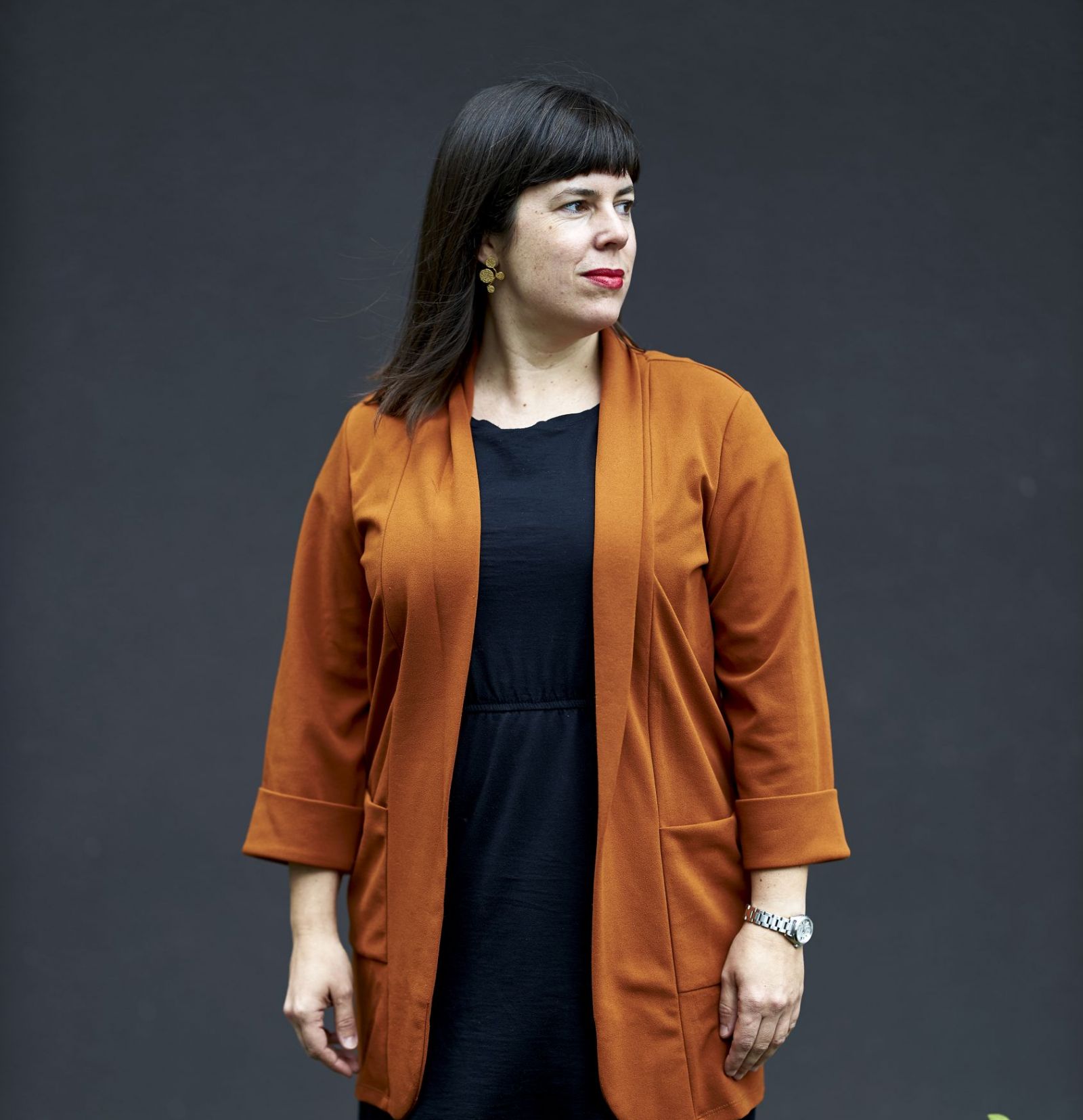
She points out that researchers can also have fierce disputes about research results, but that does not make the research bad.
“It is not as if we invent things out of the blue, we are scientists in a community where you enter into debates, and often we don’t agree. That’s also the case in ‘hard’ science where, for example, we have all witnessed that in the Covid-19 crisis, with medical experts disagreeing with each other. That’s how it works. The problem is when politicians decide whether the topic you are researching is good or bad.”
Both Florence Villesèche and Jannick Friis Christensen welcome discussion and criticism of research, as it is crucial for research quality, but only if the criticism is founded on facts and scientifically produced facts and evidence-based. Not on personal attacks.
“Constructive criticism is part of the everyday life of a researcher. You constantly have to consider your research and revisit conclusions whenever you are presented with new knowledge. Moreover, you have several rounds of anonymous peer-review processes where a minimum of two researchers from similar fields check whether the research I have conducted is of high enough quality to be published,” says Jannick Friis Christensen and continues:
“In research, you have to be ready to discard what you believe if better arguments and new knowledge change your assumptions.”
Florence Villesèche calls the current debate “populism of the lowest kind”.
“We are happy and open to having discussions based on evidence, not on liking and disliking. How the debate is going on is insane and insulting to the researchers,” she says.
Is this activism?
The new resolution on ‘Exaggerated activism in certain research environments’ passed in the parliament on June 1 aims at ensuring that research and researchers cannot avoid criticism from their peers and requests that the university managements ensure that politics cannot be disguised as research.
But both Jannick Friis Christensen and Florence Villesèche question the choice of words and ask who is to judge and define what constitute activism and politics.
“In research, you have a duty to disseminate. So is it activism if I, based on many years of research, give concrete pieces of advice to a business or politicians? Climate researchers do the same. They conclude that CO2 emissions contribute to global warming, and based on their research recommend what can be done politically to avoid the negative consequences, such as banning fossil fueled cars,” says Jannick Friis Christensen and continues:
“Researchers are not only measured on their output, but also their impact. Is the research useful to society through advising, guiding, interventions or new business practices? If you understand that as activism, then yes, we are activists, but only because it’s required of us to share our knowledge.”
We should be discussing the contributions of our research instead of discussing whether it’s OK and whether we are crazy people who are trying to bring down Denmark
Florence Villesèche
Florence Villesèche gives another example, pointing out CBS’ new minor ‘Transforming Business and Organizations to Build Sustainable and Democratic Economies’. The minor was criticized, also by Henrik Dahl, and accused of being political activism, for “describing how the world should be – if you agree with the political premises that our existing social order has failed completely” rather than describing how the world is. But Florence Villesèche turns the argument upside down.
“If you look at the courses offered at CBS, most of the courses have the non-explicit premise that capitalism is good and irreplaceable. That’s equally political,” she says and adds:
“There is no such thing as neutral knowledge.”
The right discussion
On June 6, the Danish newspaper Politiken published an open letter signed by 262 researchers. In the letter, directed to the Minister for Higher Education and Science, Ane Halsboe-Jørgensen, the researchers describe how they are being intimidated and harassed to an extent where “several have reported in sick”, and that researchers are shying away from sharing their research results and discussing them in the media.
They end the letter by asking whether she “will work for the freedom of research by opposing the systematic harassment that many of us have had as working conditions for several years and are worsened by the present political attack against us?”
For Jannick Friis Christensen, the ongoing debate has already had consequences. For example, he has changed his title on various social media accounts and platforms from queer researcher – a reference to his empirical field akin to being a climate researcher – to ‘Postdoc researching the intersections of business sociology, organization theory and pride’, as a means to avoid prejudice about his research.
And then he has started considering more carefully what he participates in.
“Is it a public debate or a written article where I can have my quotes in full? I don’t want to participate in debates where I’m interrupted and cut off or something where what I say is heavily edited,” he says.
For Florence Villesèche, the debate causes “disturbances” in the sense that it takes away time from her actual work and research.
“We should be discussing the contributions of our research instead of discussing whether it’s OK and whether we are crazy people who are trying to bring down Denmark,” she says and explains that she has experienced doubting herself.
“I just submitted a funding support application to the ministry, to write an ambitious proposal for a EU research call about feminism and democracy, but in the process, I thought to myself: is it even worth applying for the money if the people in the ministry have voted for this resolution? Will they even want to read my application? It’s about being taken seriously, and the doubt is there and a feeling of having to prove you are extra worth.”
We need diversity in this debate, yes, but we need research – not your opinions
Florence Villesèche
Jannick Friis Christensen is concerned that the current debate and personal attacks on researchers from certain fields will spread to other fields that are not in “compliance” with the political winds.
“Perhaps the politicians will dislike climate researchers for not approving the government’s plans. And you can fear that self-censorship will also spread and keep researchers from asking certain questions and researching certain fields, as well as not wanting to disseminate their knowledge and participate in debates where they can qualify the basis of knowledge and not just rely on political opinions,” he says.
Diversity in debates and organizations
Looking outside the world of academia, both CBS researchers have their schedules packed with meetings, talks and workshops with businesses and organizations wanting to know about diversity management and how to improve working conditions and become more inclusive, stressing that there is a need for research in and understanding of diversity.
“As a minimum, we should be able to agree on the importance of asking questions about societal phenomena regardless of what each of us might think about them individually. I hold no doubts that certain politicians get offended by the mere existence of people that are transgender, but as a researcher I should still be able to study minority groups. Politicians must not decide what we can and cannot research,” says Jannick Friis Christensen.
Florence Villesèche explains that she has met with a major Danish firm that wants to be the ‘live case’ for a CBS course on diversity management, as they need more research-based insights to help their highly diverse workforce thrive and contribute to better business on diversity.
“This is not about what Dahl and Messerschmidt call ‘doing politics’ or ‘talking about our feelings’, this is doing research that is deeply relevant for what is happening around us. And people are most welcome to argue why we are wrong and point out problems, as that’s how we reach better solutions and understand the topic from different angles, but it has to be on well-crafted arguments and evidence, and not on personal likes and dislikes,” she says and finishes:
“We need diversity in this debate, yes, but we need research – not your opinions.”



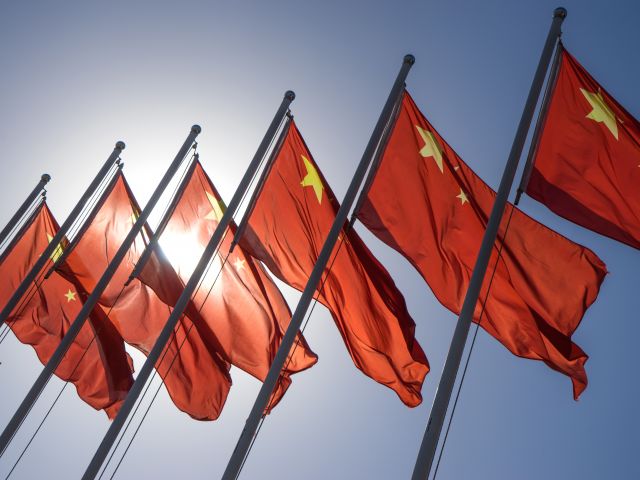

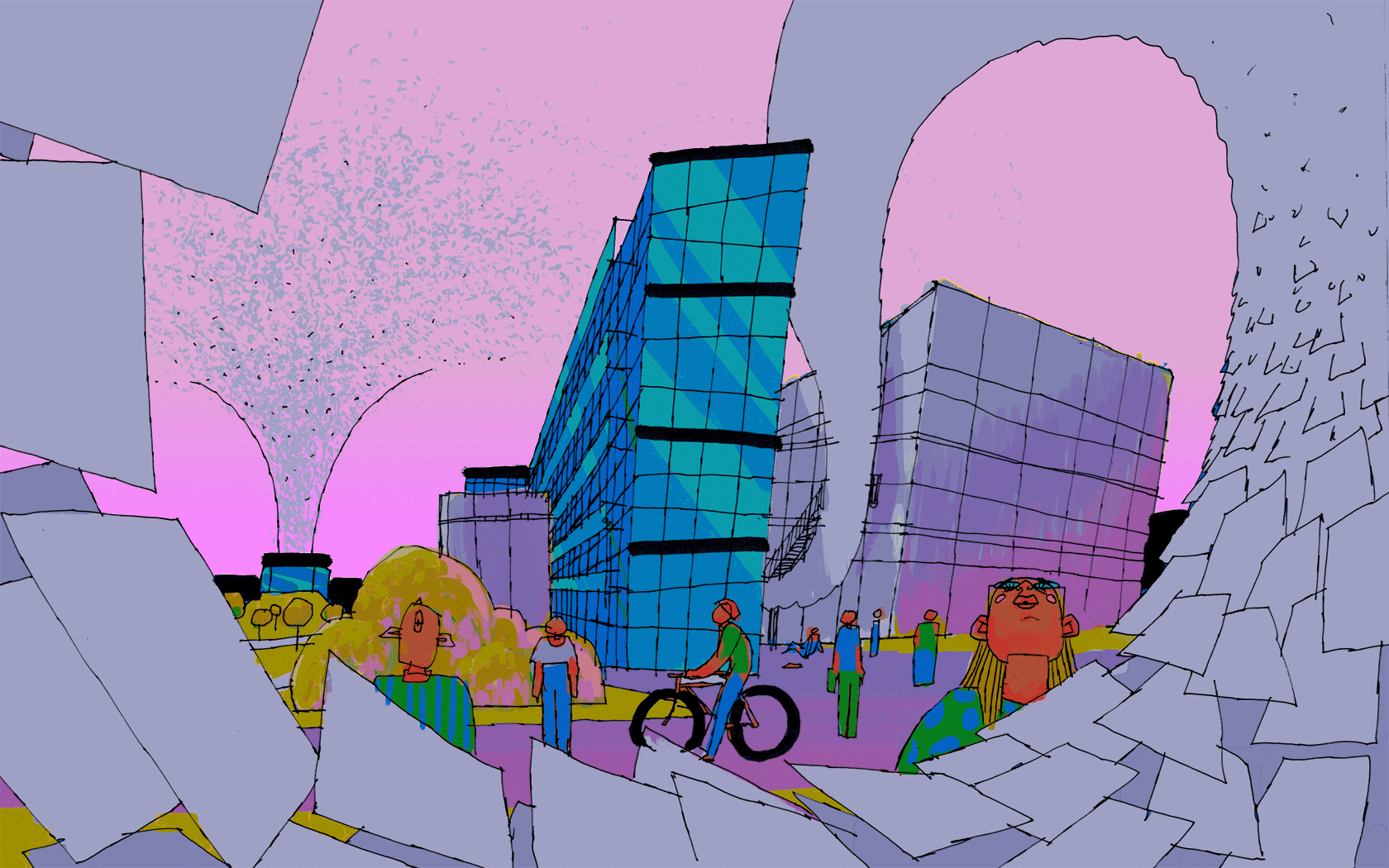
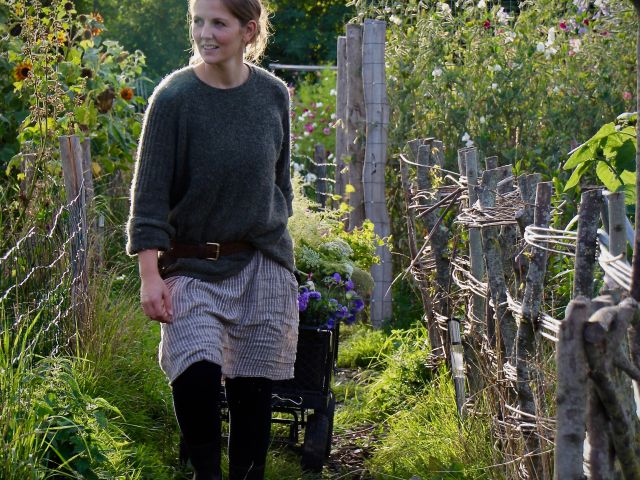
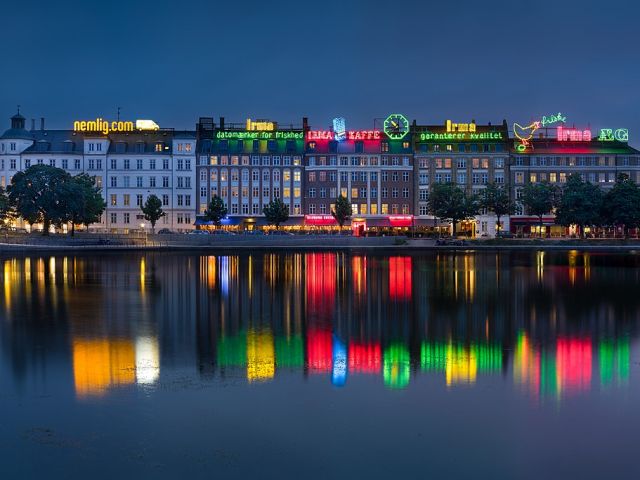





























































































































Comments